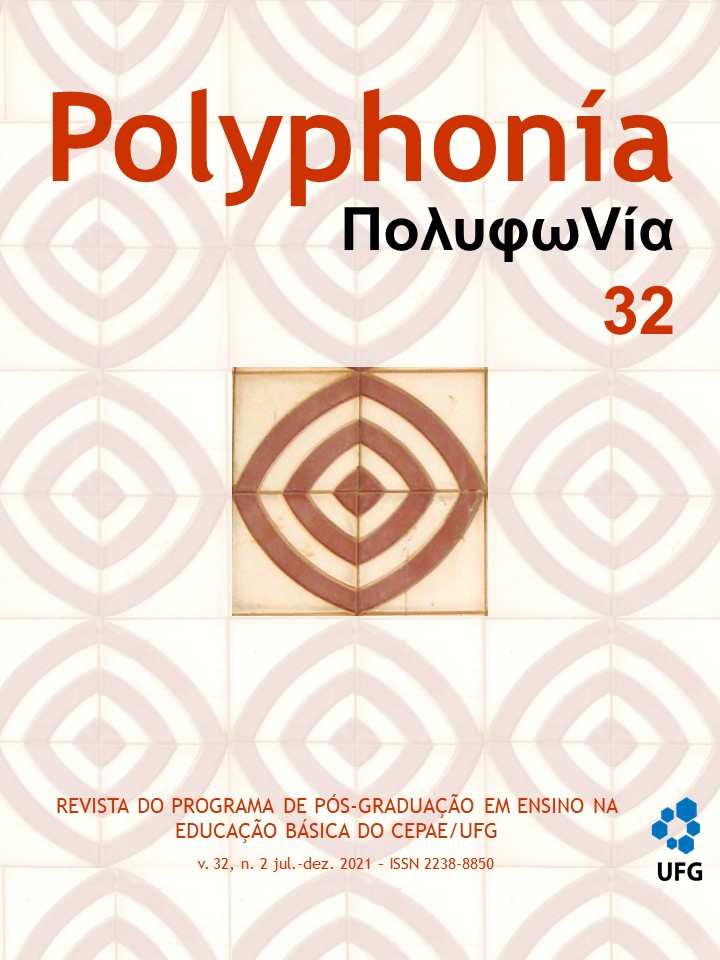Criança e infância na obra de Philippe Ariès e nos clássicos da História Social da Classe Operária: em busca das crianças invisíveis – as crianças proletárias
DOI:
https://doi.org/10.5216/rp.v32i2.70888Resumo
Neste artigo revelamos o lugar que as crianças proletárias tiveram nas representações dos conceitos de criança e de infância nos séculos XVII, XVIII e XIX na Europa, especialmente na obra de Philippe Ariès, pioneiro em pesquisar essa temática, ainda que, na sua obra seminal História social da criança e da família (2015), não tenhamos localizado nenhuma referência aos filhos da classe trabalhadora. Entretanto, a criança proletária teve presença social preponderante nas obras dos autores da História Social da Classe Operária, como será mostrado ao longo do texto, as quais abordavam a revolução industrial e a consolidação da formação social capitalista. Trata-se de uma pesquisa histórica e documental, com base em uma interpretação marxista da história. O artigo conclui que as representações de criança e infância de Ariès (2015) foram feitas com base em crianças pertencentes às classes dominantes da época (da nobreza e da aristocracia). Essas representações dos filhos das classes mais abastadas eram bem diferentes e bem distantes da efervescente vida social e da limitada vida material do resto das crianças – as crianças proletárias, que eram covardemente exploradas pelo capitalismo nos campos, nas fábricas, nas olarias e nas minas de carvão.


